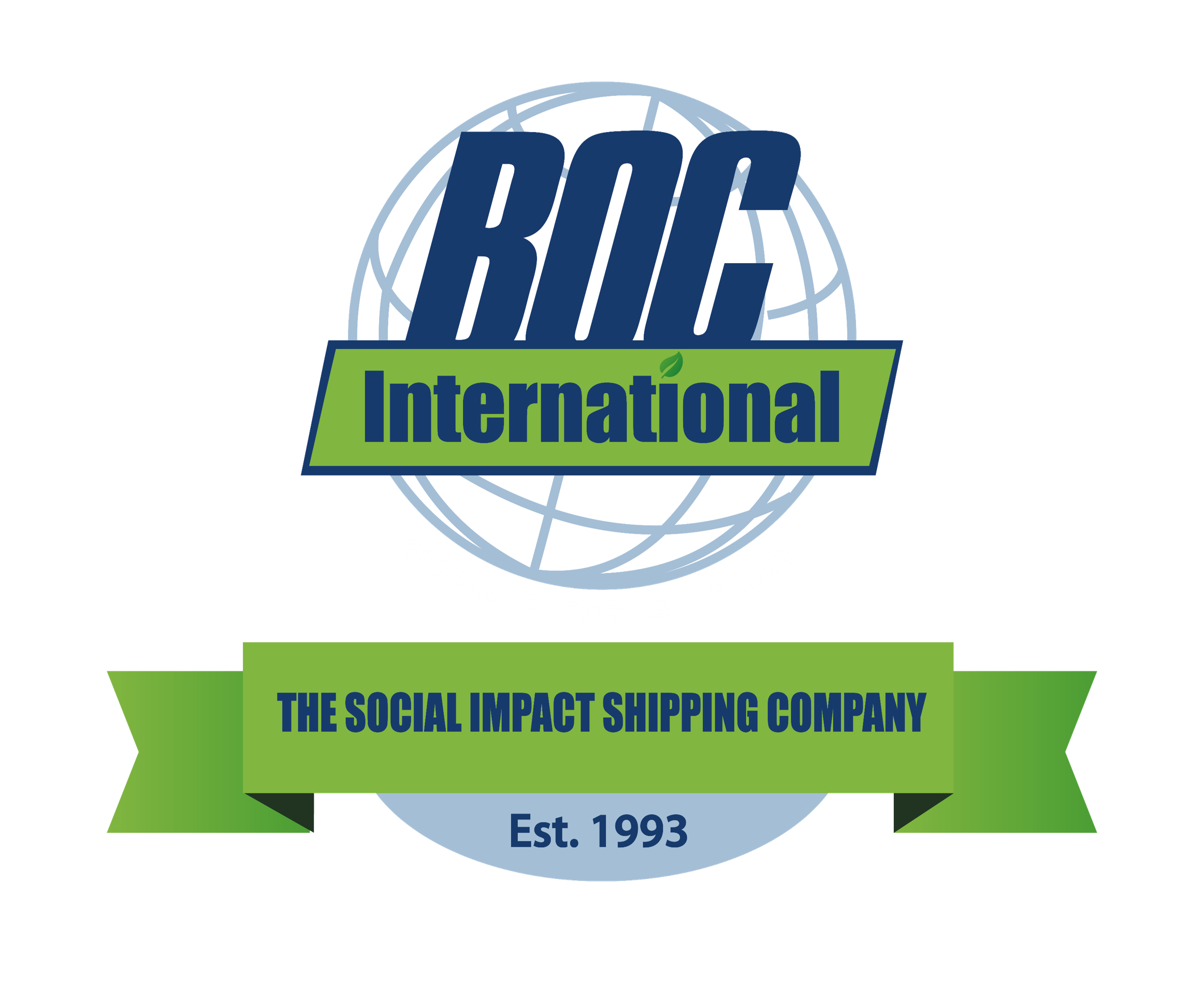
Hanjin Vessel Status
Exactly Where Is the Hanjin Fleet?
September 12, 2016 by The Loadstar, by Gavin van Marle
(excerpted from Gcaptain.com)
Unloading operations have begun on some Hanjin vessels after the line finally began to update shippers and forwarders on where its vessels actually are. A fleet update issued by the carrier this morning shows the vast majority of its vessels still “waiting in open sea” for instructions from headquarters.
So far six vessels are confirmed to have been arrested – the Hanjin Baltimore at Panama, with the Panama Canal “impassable” to the line; Hanjin Vienna in Vancouver; Hanjin California in Sydney; Hanjin Rome, as widely reported, in Singapore; and Hanjin Rotterdam in Yantian; and Hanjin Sooho in Shanghai; while the Hanjin Montevideo has been arrested by its bunker supplier in Long Beach, California.
Another seven vessels are at port under embargo and three more – Sky Pride, Sky Love and Pacita – have been returned to their owners. Ten vessels are waiting off the coast of China and two off Japan; a further 12 are waiting off South Korea, two of which – Hanjin Chongqing and Asian Trader – have now run out of fuel and are waiting for bunker supplies. Another nine vessels are underway to Pusan, where they won’t run the risk of arrest.
The Hanjin Europe is under embargo in Hamburg, with Hanjin Harmony waiting in the North Sea, while five vessels wait in the Mediterranean. Two of the latter were refused entry to the Suez Canal and now face circumventing the Cape of Good Hope on their journey to Asia. There are nine vessels waiting in the waters of South-east Asia, the Indian Ocean and around Australia, and a further three in the Arabian Gulf.
In the US, Hanjin Greece began unloading at a Long Beach terminal, while five vessels wait off the coast, with reports that one, the Hanjin Gdynia, will dock this week. The berthing of the Hanjin Greece followed a US court order on Friday extending Hanjin’s provisional protection from creditors, and some $10m has reportedly been raised by Hanjin to pay terminal handling charges for the two vessels, as well as Hanjin Jungil and Hanjin Boston, also waiting to berth at Long Beach and Los Angeles respectively.
Hanjin Shipping secures $45 million, more may take ‘considerable time’
September 13, 2016 by Reuters
(excerpted from Reuters.com)
The chairman of Hanjin Group transferred 40 billion won ($36 million) to Hanjin Shipping on Tuesday to help unload cargo stranded on the troubled shipper’s vessels, a spokesman said, but regulators warned securing further funds could take “considerable time.”
The parent of Hanjin Shipping pledged last week to raise 100 billion won to help rescue cargo in the wake of the collapse of the world’s seventh-biggest container shipper, including the 40 billion won from Chairman Cho Yang-ho.
About $9 million pledged by Choi Eun-young, a former chairwoman of Hanjin Shipping, has also come in, the shipper said.
Around $14 billion of cargo has been tied up globally as ports, tugboat operators and cargo handling firms worried about not being paid refused to work for Hanjin, which filed for receivership in a Seoul court early this month.
Shipping submitted early last week to a South Korean court that it could take an estimated 173 billion won ($154.5 million) to unload all stranded cargo, a Seoul Central District Court judge told Reuters.
Risks in Australia – In Sydney, the Hanjin California, which docked on Sept. 3, remained held in port following a Federal Court order filed by Glencore Singapore Pte over unpaid fuel bills. Most of the containers on the 182-meter-long vessel have been offloaded, but some destined for other ports were still being held, port authorities said.
Six other Hanjin vessels were heading to Australia and risked being seized by creditors, two sources familiar with the situation said.
Unlike in the United States, Britain, Japan and provisionally Singapore, Hanjin has no protection in Australia against creditors for unpaid bills.
“It’s likely someone will put a claim on the assets,” said one of the sources, who declined to be identified due to the sensitivity of the matter.

